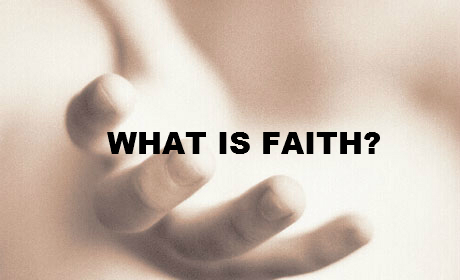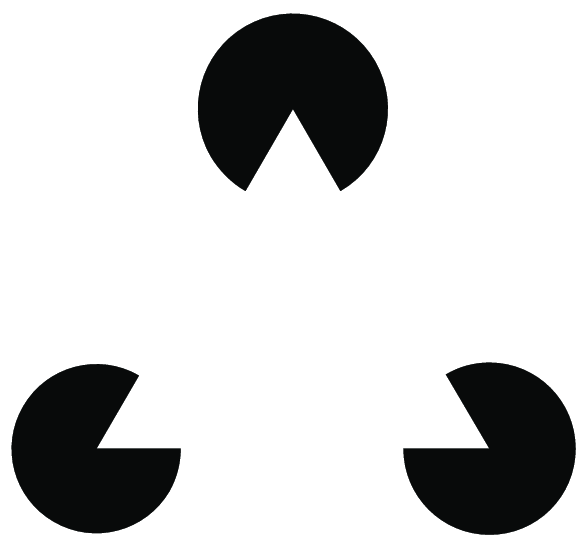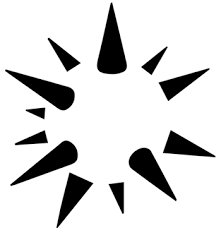Secular Humanism
Secular humanism is a nonreligious worldview that embraces human reason, secular ethics, and philosophical naturalism while specifically rejecting religious dogma, supernaturalism, and superstition as the basis of morality and decision-making. It is based on the Western tradition of liberalism and Enlightenment thought. Secular humanists use compassion, critical thinking, and human experience to find solutions to human problems.
This community welcomes everyone and the rules are very simple.
Maintain a respectful and inclusive community by refraining from engaging in hate speech, including racism, sexism, homophobia, xenophobia, or any form of discrimination targeting individuals based on their religion, race, ethnicity, or belief system. This includes personal attacks, harassment, promotion of harmful ideologies, or spreading divisive content. Violations of this rule will result in content removal and permanent bans. Keep it civil!
Please refrain from posting explicit or not safe for work (NSFW) content. This community should be suitable for all ages and maintain a family-friendly atmosphere.
Please refrain from spamming, advertising, and preaching.


